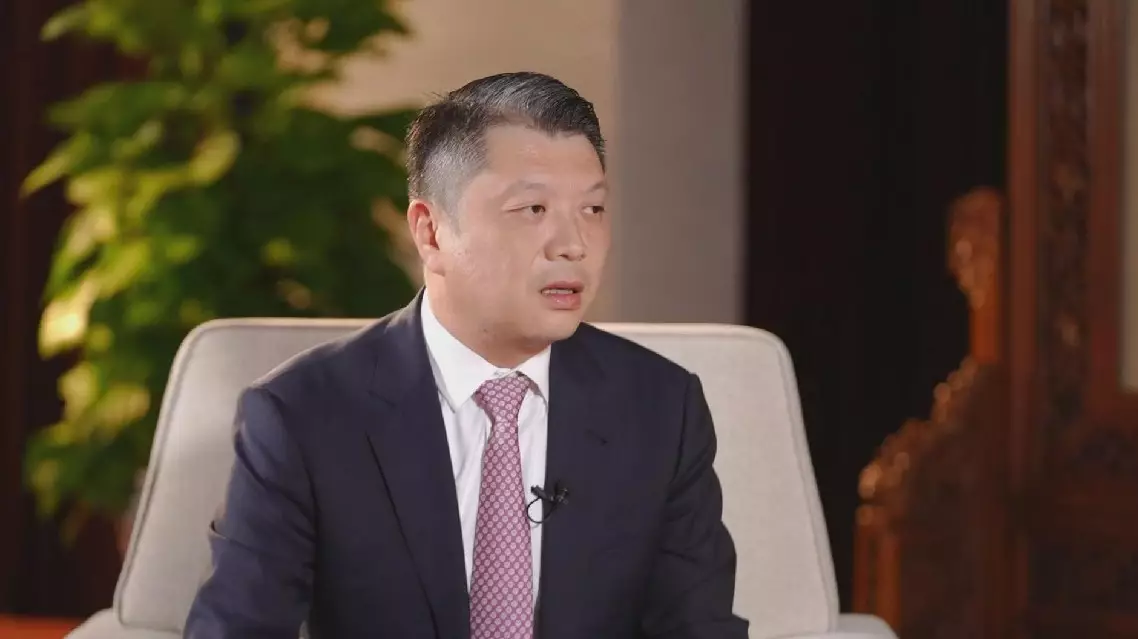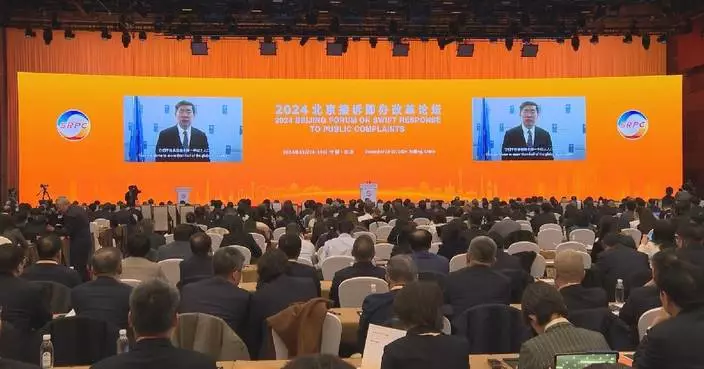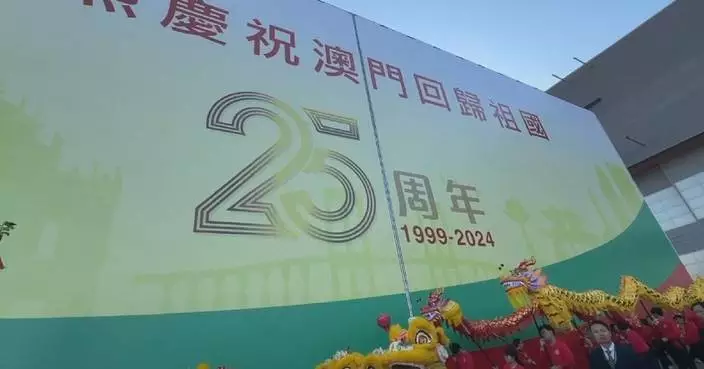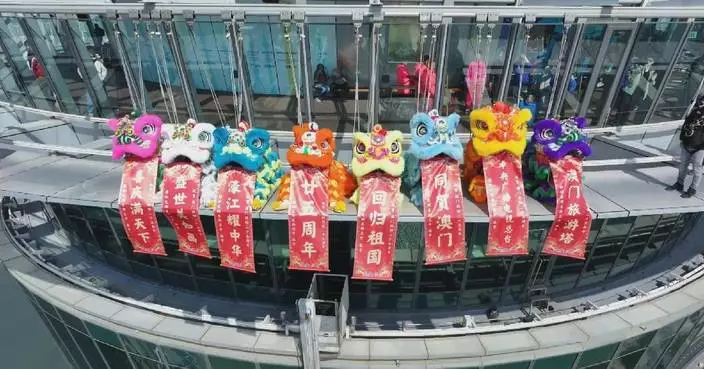China and India's special representatives on the boundary question held the 23rd meeting in Beijing on Wednesday and reached a six-point consensus.
During the meeting, the first of its kind in five years, both sides agreed to continue taking measures to safeguard peace and tranquility in the border areas and promote the healthy and stable development of bilateral relations. They will continue seeking a package of solutions to the boundary question that is fair, reasonable and acceptable to both in accordance with the political guiding principles reached in 2005, according to the consensus.
They also agreed to further refine the rules for border area management and strengthen the construction of trust-building measures, to continue enhancing cross-border exchanges and cooperation to promote the resumption of Indian pilgrims' visits to China's Xizang, and to further strengthen the construction of the special representatives meeting mechanism.
A new round of the special representatives meeting will be held in India next year, according to the consensus.
Both sides emphasized the importance of a stable, predictable, and sound China-India relationship for international and regional peace and stability.
China's special representative Wang Yi, also a member of the Political Bureau of the Communist Party of China Central Committee and director of the Office of the Central Commission for Foreign Affairs, said that the leaders of the two countries met in October in Kazan, Russia, reaching important consensus on improving and developing bilateral relations, which set the course and direction for the recovery and development of China-India relationship at a critical moment.
Wang said both sides should, in the spirit of summarizing experience, looking to the future, and seeking win-win cooperation, place the boundary question in the appropriate position of bilateral relations, jointly maintain peace and tranquility in the border areas, and promote an early return of China-India relations to a healthy and stable development track.
India's special representative and National Security Adviser Shri Ajit Doval said that both India and China have common interests and similar views, and it is necessary to coexist peacefully and develop together.
Doval said with the joint efforts of both sides, the issues related to the border areas have been properly resolved over the past five years, which is of great significance. The Indian side is willing to maintain pragmatic attitudes and effective communication with the Chinese side and continuously accumulate conditions for ultimately resolving the boundary question.
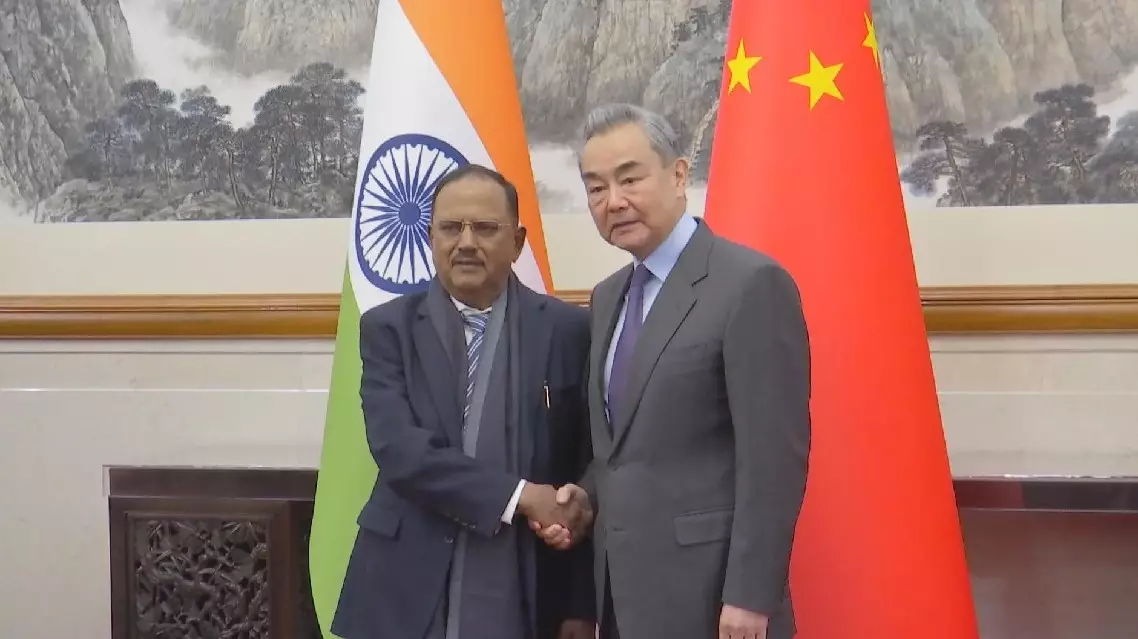
China, India reach six-point consensus on boundary question


